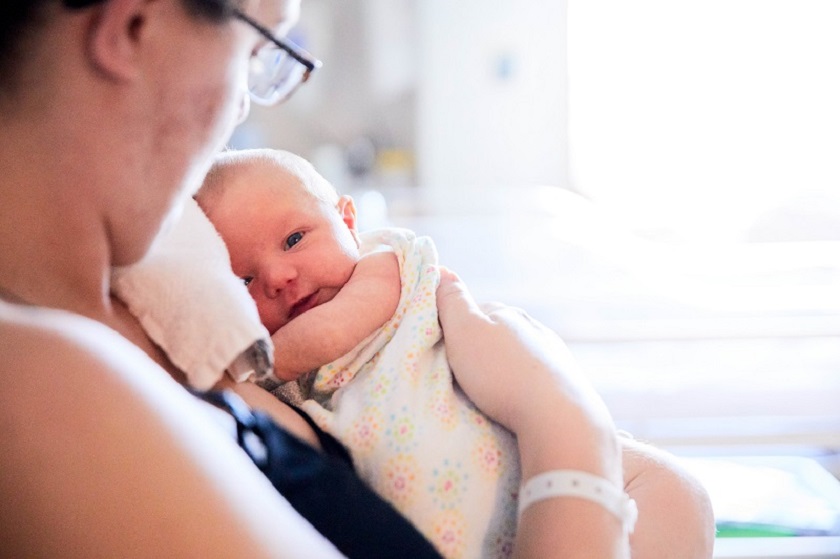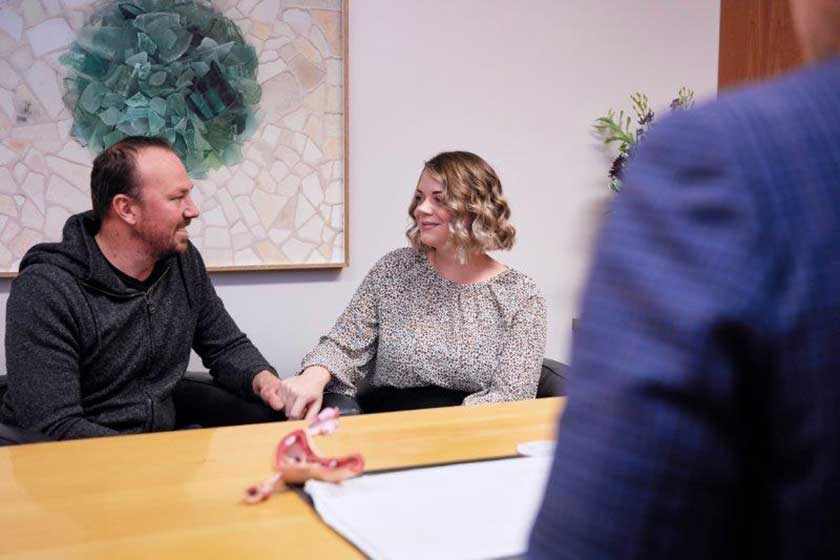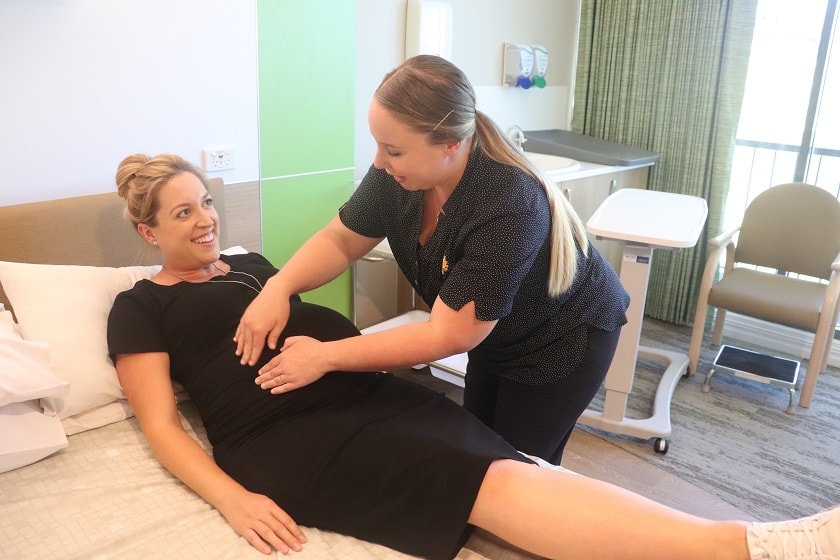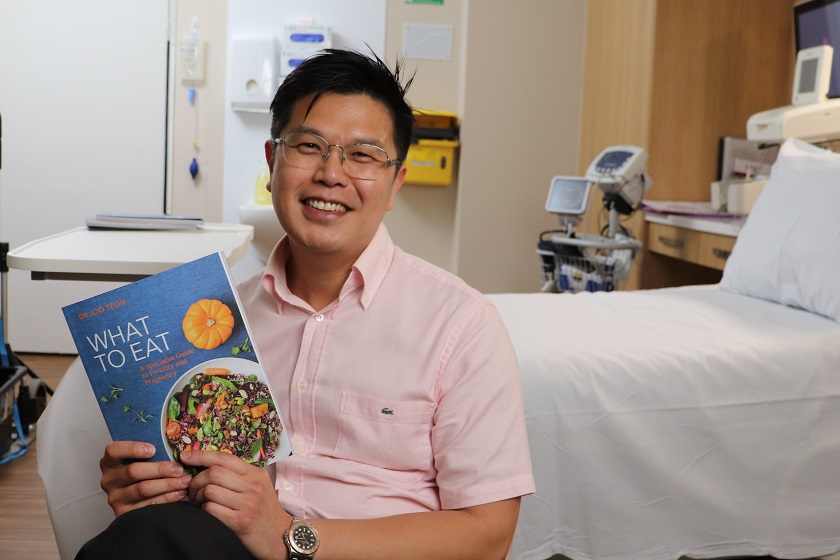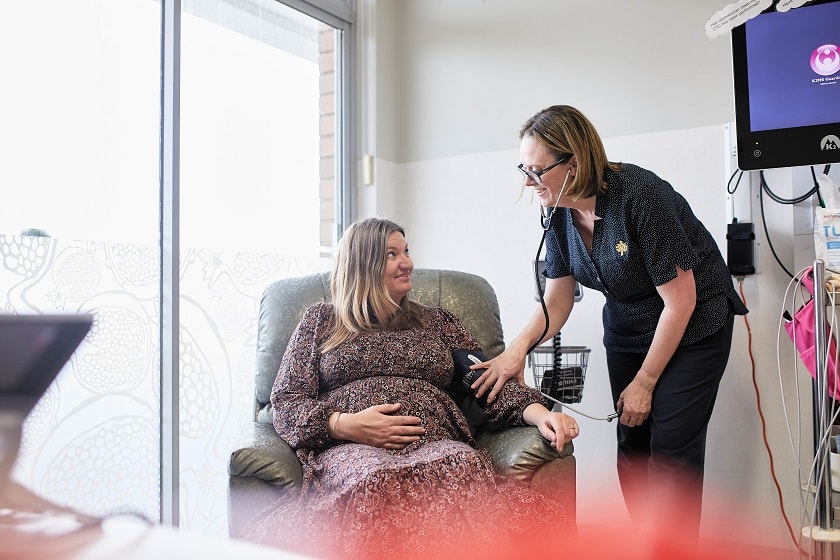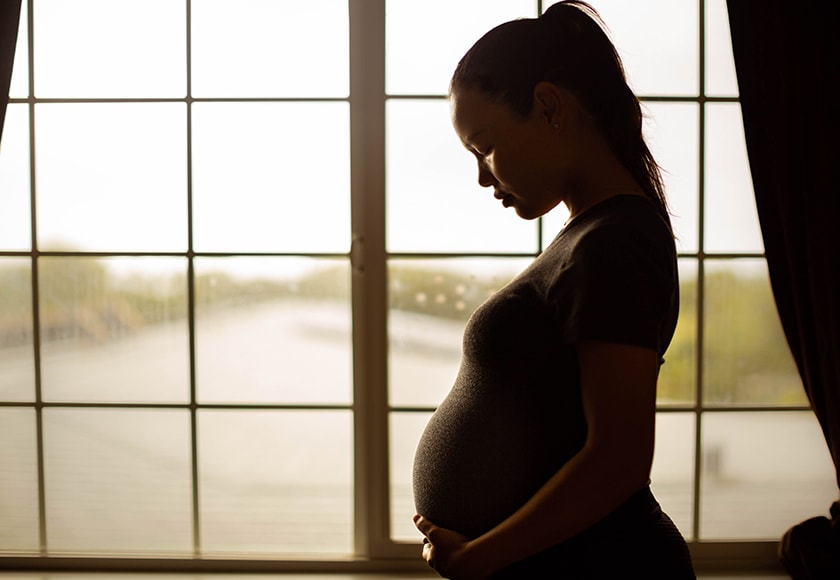The timing of ovulation can differ from individual to individual and may also change slightly from month to month even for the same person. Ovulation typically occurs at day 14 in a 28-day period known as your cycle. Your cycle commences on the first day of your menstrual bleed and concludes on the day before your next period.
During ovulation usually one, sometimes more, eggs are released from one of the ovaries. While the egg survives for only 24 hours after ovulation, sperm can survive in a woman’s reproductive tract for up to seven days. Once in the women’s reproductive track only a single sperm can fertilise an egg. This often takes place in the fallopian tube before the egg reaches the uterus.
Taking all these factors into account, the most fertile period is usually at ovulation and a few days before.
How do you know when you are ovulating?
Over time many women become familiar with their cycles and may be familiar with the sensations that they are ovulating. These may include:
- Cramps or prickling sensations on one side of your abdomen (stomach) and some can even tell the side that they have ovulated in a particular cycle
- Changes in vaginal discharge.
Other ways you can determine if you are ovulating:
- Mobile apps that track your symptoms throughout your cycle.
- Using over-the-counter luteinising hormone (LH) test sticks that identify your timing of ovulation.
- Some doctors or clinics use ultrasounds and hormonal blood tests to track a cycle and keep you informed about the timing of ovulation more precisely.
- Women with very irregular cycles may not be ovulating regularly and may need specialist review to achieve regular ovulations to improve the chance of conceiving.
Do I need to track my cycle?
- Home ovulation tests and apps have not been proven to help the majority to conceive quicker. They can be useful for some, but not for all individuals trying to conceive.
- It is advisable for couples to have intercourse every two-to-three days, starting at the beginning of the second week of the menstrual cycle, and up to one week before menstruation begins. The fertile period usually falls within this window.
Before trying to conceive it is advisable to stop drinking alcohol, smoking and optimise your health and wellbeing by:
- taking folic acid supplementation – this is recommended for all women planning a pregnancy to reduce a number of risks in regards to early fetal development
- having a discussion with your General Practitioner (GP) regarding your medical history, routine tests and vaccinations
- for women on long term medication it is important that you do not change or stop these without your GP’s / Specialists input and support
Try not to be too disappointed if you do not conceive immediately, even without any medical concern it can be normal to take up to 12 months or longer to conceive naturally.

